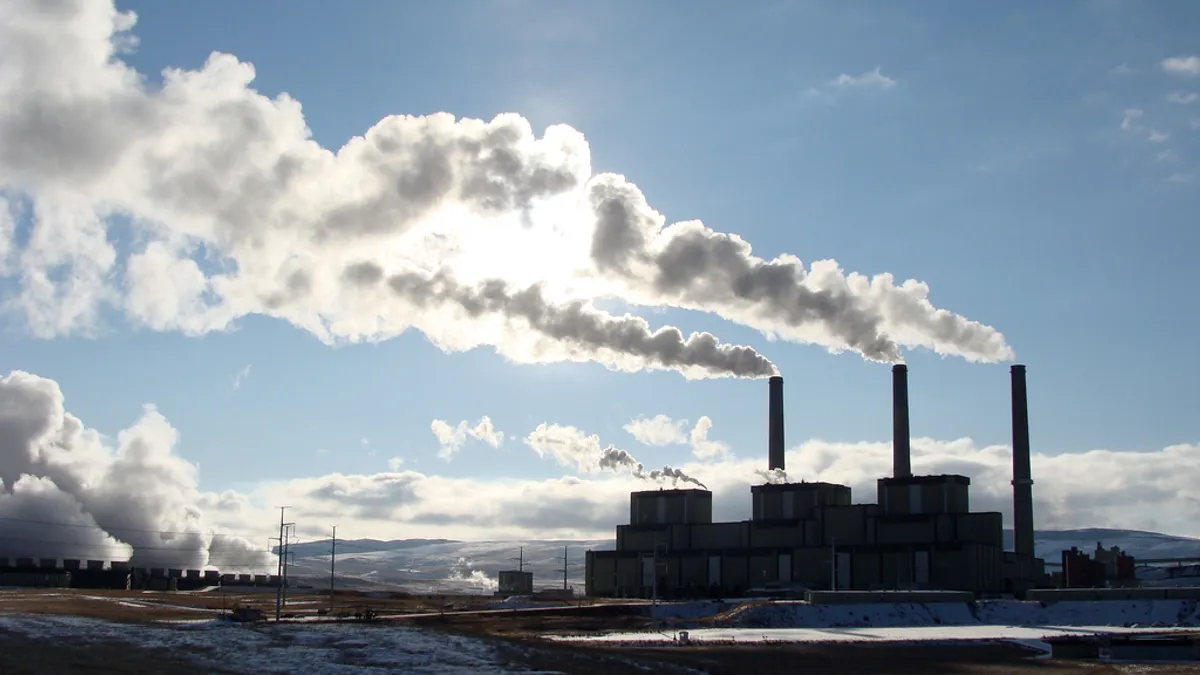Dive Brief:
- Two democratic lawmakers in Colorado have introduced legislation that will create ratepayer-backed commercial bonds with a AAA rating, allowing utilities to refinance retiring coal plants and pass those savings back to the community.
- Savings from the lowered debt service would assist coal communities where coal plants have retired, giving laid-off workers retraining and other assistance.
- Lawmakers say the Colorado Energy Impact Assistance Act would also give utilities a new financing mechanism to securitize capital and invest more in renewables.
Dive Insight:
Colorado utilities are struggling with stranded assets left behind by the transition to clean energy, with ratepayers on the hook for power plants long after they've closed. Those costs will still need to be paid, but two lawmakers believe utilizing the bond market can reduce the cost and assist coal communities that might otherwise be left behind.
The bill, HB17-1339, was introduced by Democratic Reps. Chris Hansen and Daneya Esgar.
Hansen said in a statement that the measure will utilize "private investments to save money for ratepayers, help impacted workers and communities, and keep utilities operating efficiently – all without adding costs to Colorado’s state budge."
Forbes has a good explanation of the measure, which would allow creation of ratepayer-backed bonds that do not require use of the Colorado state government's crediting, and the full faith and credit of Colorado’s government. Once given the AAA rating, the bonds could be sold at lower interest rates.
Rural communities would be support they need, the lawmakers say, while utilities would have a new financing mechanism allowing them to invest more in renewable generation.
“By tapping private investment and leveraging those dollars to hold down energy costs, lend support to impacted communities and workers, and boost investment in clean, renewable power generation, we can drive economic growth, create jobs and position Colorado to continue to be a leader in the new energy economy for years to come,” Esgar said in a statement.
According to Clean Energy Action, Colorado gets more than 80% of its energy from coal-fired plants.














